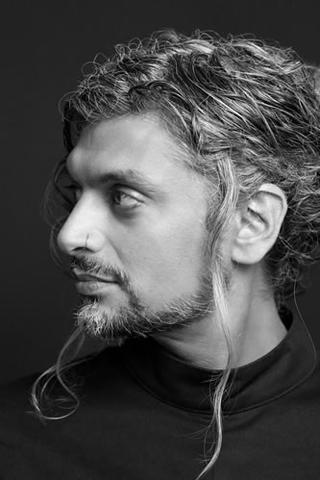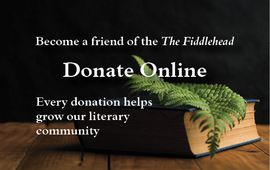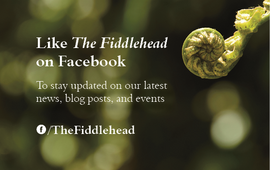
The sacred, the profane, and the glorious mundane shimmer through Kazim Ali’s poetry. The poems are visionary in the best sense of the word. They see both the translucence and the immanence of the world, a seeing that commingles vision, remembrance, and remembering, as he puts it in “Cover Me.” “Remembrance” is the odd word out here. Unlike vision and remembering, remembrance refers to something specific, a moment of history now commemorated. For Ali vision and remembering seem to step into a ceremony of memory that is elegiac, which can be as personal as a keepsake and as social as human slaughter: the museum, the monument, and the monumental. The visionary is given a body in these poems, through sex, embrace, travel, migration, and even something as simple as walking. Another version of this introduction would begin with the ordinary, the routine, everyday life, making a go of it, rounds of friendship and love, and then wend its way up to a prospect as grand as the visionary.
A poetry like this is haunted by the political, of course. If the discursive subtext of contemporary political life is one of refugees, origins, blood and soil, immigrants, and walls, then Ali is willing to locate his own body adrift in migration to ask the question: what is the origin of a life? The poem “Origin Story” from his 2018 collection Inquisition begins: “Someone always asks me ‘where are you from’ / And I want to say a body is a body of matter flung / From all corners of the universe.” He wonders if he is fabricated from his words, (as all poets are, I would add), “because the basic biography is ordinary.” The poem walks a line between the dismissive ordinary and the ordinary that counts for everything. It seems dismissive, and he recounts it almost in the bland voice of a bio at the back of a book, but he does retell it, and so we know a body moved through this part of the universe: Croydon, UK; India; the Canadian north; Winnipeg (“Golden Boy” refers in part to the statue on top of the Manitoba legislature); New York; and Buffalo. We might call it an amazingly ordinary universe.
Boundaries, frontiers, and bodies are marked in these traverses. “‘I do not know’ is stamped indelibly on my passport,” Ali says. And if borders are crossed, they are crossed by a transgressive body, a queer body, a body suspect in its sexuality, in its skin colour, and it will be apostate and transcendent. The long poem “Carlisle” opens: “Because what I think is that this tender beast, brown-skinned animal / grotesque and lustful, is me and my immortal soul besides.” “Carlisle” is a walking poem in which the moving of the body through the space of a town releases both passing notions and esoteric meditations. The walking poem genre is intriguing for the way it blends the immediate present, the description of where you are at any given moment, with the past, with history, with a graveyard, with the thought that Carlisle, Pennsylvania, was a frontier town until “promises were broken and the settlements spread out into the territories.”
However fragmented, fractured, uncertain, there is a self, a person, a Kazim Ali talking, wandering, wondering, pondering what it is to be a human passing through this world, these words. There is a poem in which he says that he has a middle name in Arabic he can’t quite manage. There is a generosity in this, an invitation to step into the poem and mispronounce ourselves along with him.
Ross Leckie
Associate Editor











Add new comment